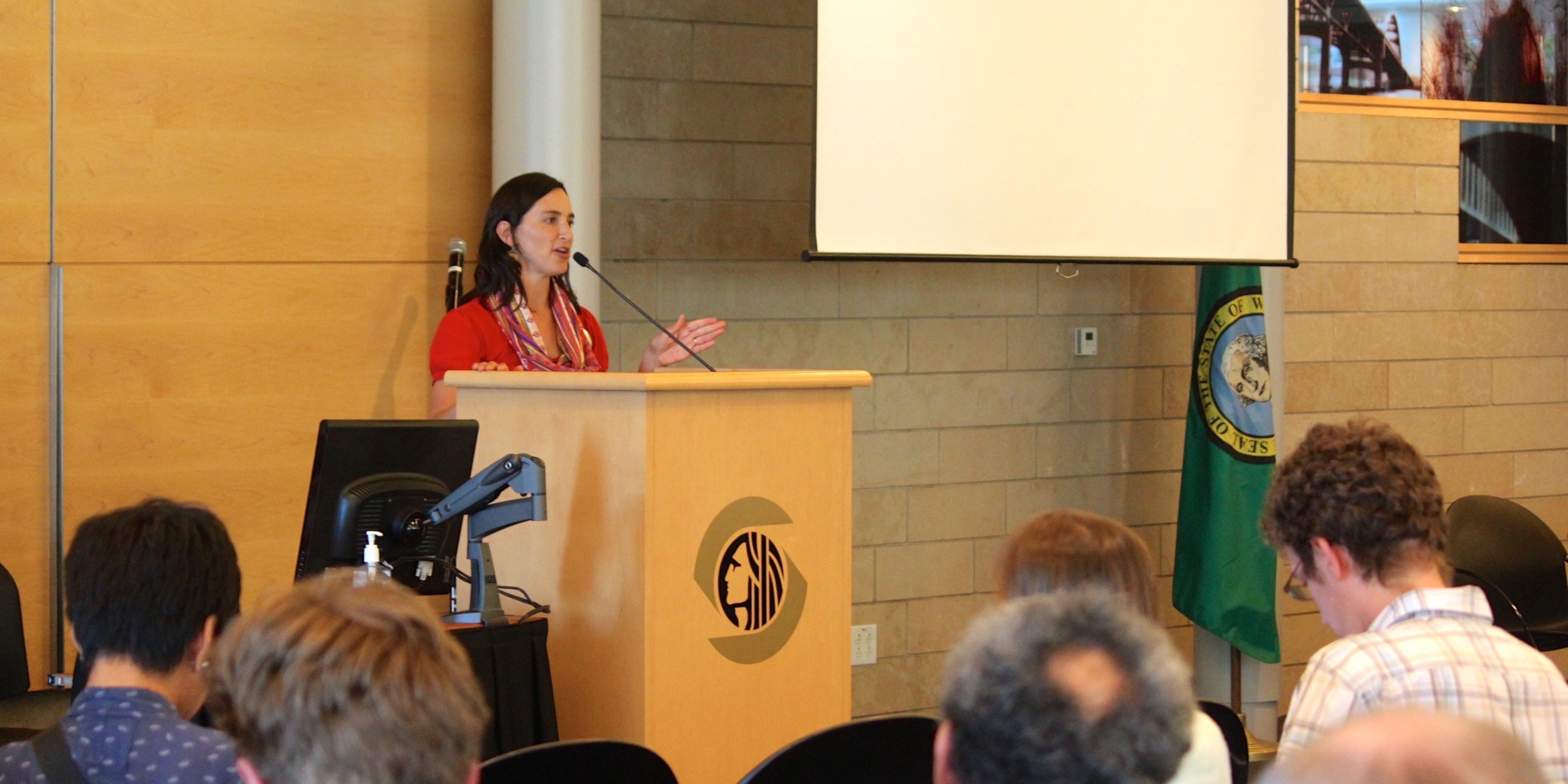By Lauren Craig
The time to act is now – Tell City Council to implement the HALA recommendations as soon as possible.
- Commercial linkage fee and mandatory inclusionary housing on residential development: Both are inclusionary housing policies. One mandates that affordable units be included in new housing developments or pay a fee, and the other requires that commercial developments contribute fees towards affordable housing, and provide an associated upzone or floor area ratio (FAR) increase. Increased density – tied to affordability – can help mitigate the impacts of historically exclusionary policies by fostering inclusion and preventing displacement with the creation of new affordable housing (if all goes according to plan, 6,000 new homes).
- Real Estate Excise Tax: HALA directs the state legislature to pass a law that would allow cities to impose an increased Real Estate Excise Tax specifically dedicated for affordable housing. This tax would create a stable source of funding by requiring sellers of properties to pay a percentage of their earnings towards a fund dedicated to affordable housing. This increased REET would provide a source of funding for investments in affordable housing for low-income people, currently around 30% of the Area Median Income.
- Anti-displacement toolkit: An affordable housing preservation tool that identifies areas vulnerable to displacement. Using this tool to guide City planning and decision-making would help mitigate the impacts of gentrification and rising rents. A related preservation strategy is to establish an expert advisory body or commission to lend specialized expertise and guidance to the City’s housing strategies, bringing together representatives of tenants, owners, developers and public agencies.
- Preservation, generally: Our HALA recommendations request that the city leverage substantial financial resources and legislative authority to preserve affordable housing. Maintaining and preserving our current stock of affordable housing prevents further displacement and generally has a smaller carbon impact than building new.
- Sustainable homeownership: Permanently affordable homes can stabilize low-income households and communities. New and leveraged resources should go towards land trusts, as well as preserving ongoing homeownership opportunities in an increasingly expensive housing market. Long-term affordability can only be ensured by including a revenue source to pay for adequate stewards, like community land trusts, to ensure long-term affordability.
- Tenant relocation assistance: When buildings are demolished, displaced tenants have difficulty finding replacement housing in Seattle. The recommendation is to increase the effectiveness of the city’s current tenant relocation assistance program (TRAO) by offering additional protections for vulnerable populations and against landlords’ evasion of the program. Although we support this, we would like to see assistance implemented for those displaced by rising rents.
- “Ban the box” provision: The recommendation to increase fair access to rental housing for people with past criminal records through local legislation, education and technical assistance is great, and we look forward to seeing it positively impact communities. A related provision directs the city to provide funding for tenant counseling and landlord education to combat displacement and increase access to housing.

